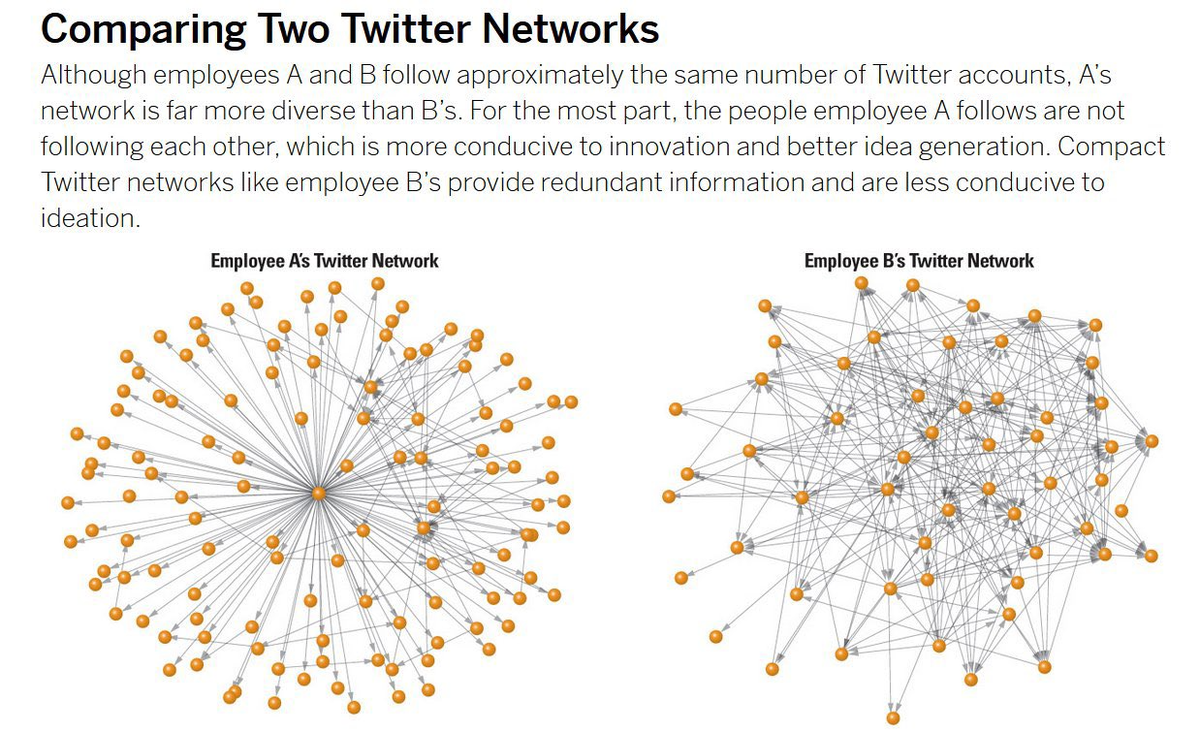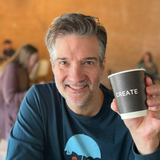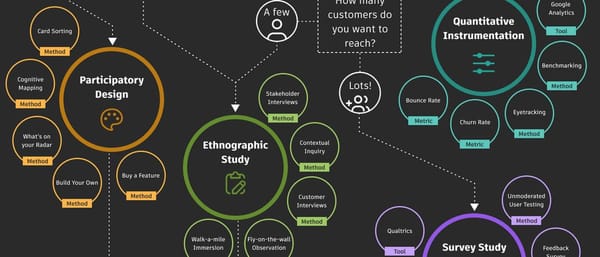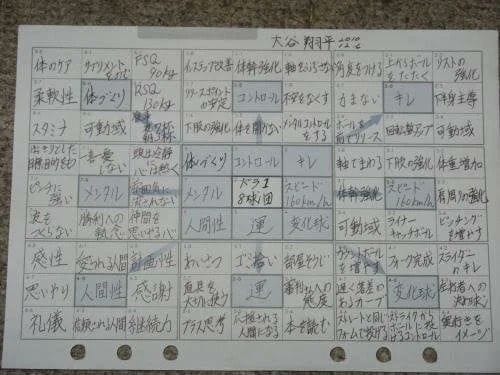№ 13 | Future of Work, Failing Systems, HEAR, Diverse Networks, and Clouds & Clocks

7 Mythical Arguments against the future of work
I enjoyed this piece taking on “Seven arguments against the future of work.” Fun read. Critical thinking. Bonus points for all the hand-drawn (and humorous) illustrations.
18 Ways Complex Systems Fail
Short, and to the point! I came across this by way of a very strong recommendation from twitter user Ethan Mollick:
Read these 3 pages. I post them every so often because I think it is some of the tightest, wisdom-packed writing on managing complex systems ever.
And almost every system is a complex system today, which is why cascading failures are swirling around us
For a less pixel-based version, check out how.complexsystems.fail (Same content).
HEAR Model
I only caught part of this Hidden Brain podcast on a recent drive home, but the bits I heard have been rattling around in my noggin (I’ll catch the rest of the episode later!). In this episode on “Relationships 2.0: How To Keep Conflict From Spiraling,” author, Julia Minson discusses “conversational receptiveness” and mediation. Building on the listening triangle used in mediation (the whole “reflect back what you hear” thing), Julia Minson introduces her ‘HEAR model’:
- H is for Hedging. (“Some people might say…” Or, “Occasionally bla, bla, bla…”)
- E stands for Emphasize agreement.
- A stands for Acknowledgment. Repeating back what the other person said
- R stands for Reframe to the positive. Saying the exact same message using positive language instead of negative language. Instead of, “I just hate it when people interrupt me,” you say, “I really appreciate it when people let me finish.”
Diversity = Innovation
“How Twitter Users Can Generate Better Ideas.” New data backing up an old idea: The more diverse a network we have (in other words, exposure to different perspectives and ideas), the more we create conditions “conducive to innovation and better idea generation.” See also: The Renaissance and The Medici Effect.

Speaking of twitter…
Clouds and Clocks
I'd forgotten about this theory/analogy, which hypothesizes that there were two kinds of problems in the world: cloud problems, and clock problems—used here explain what's going on with Musk/Twitter. I think this also pairs nicely with Cynefin's complicated vs complex problems.





